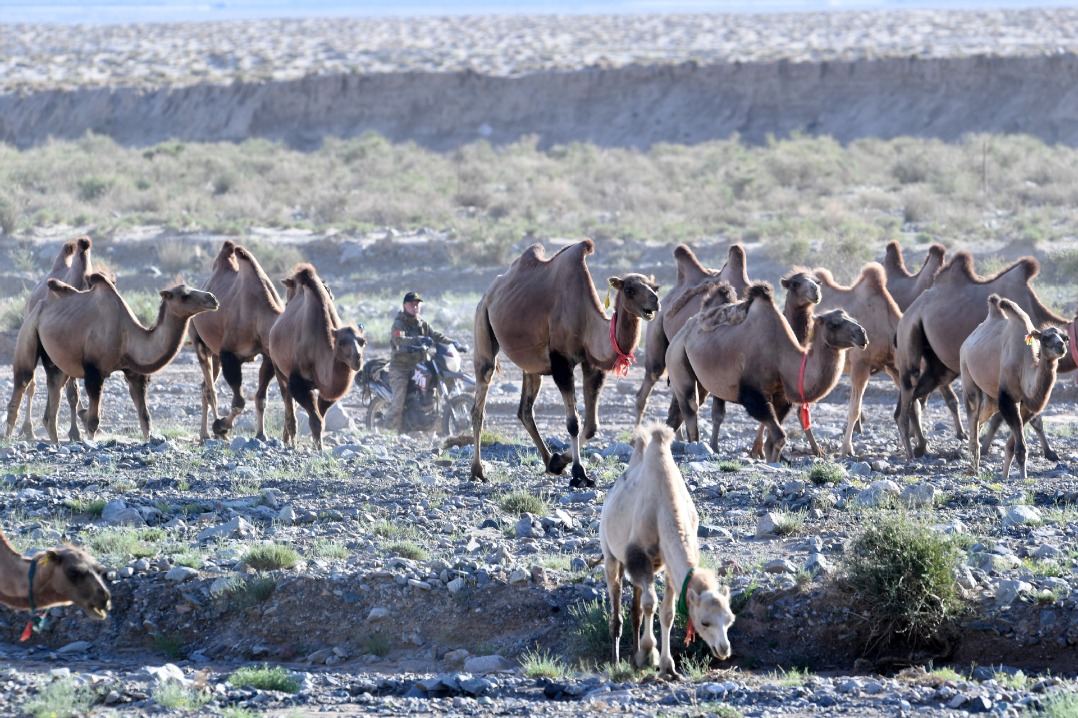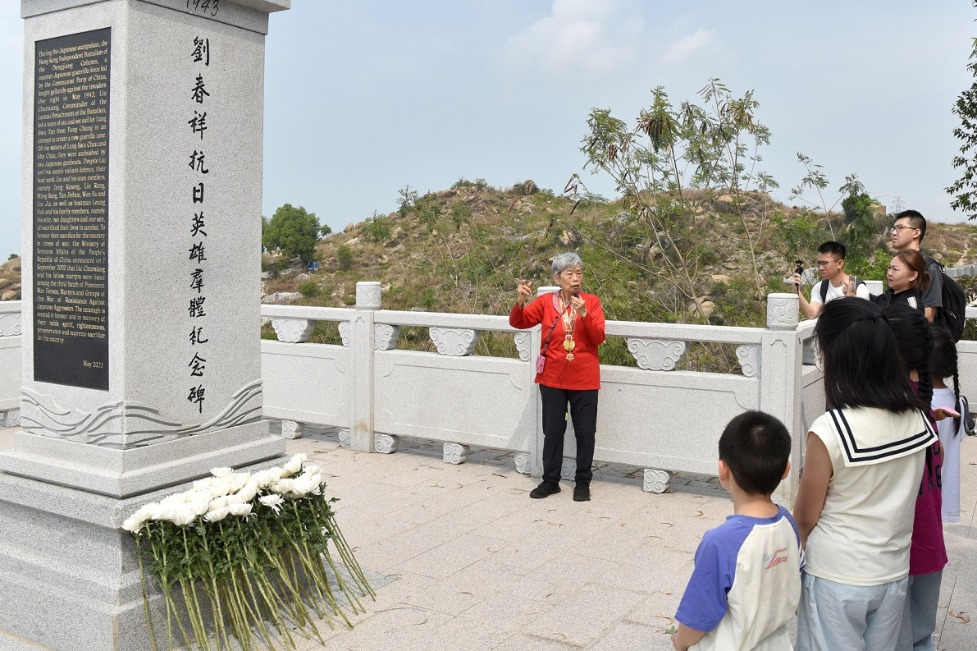Shanghai team makes stem cell progress

Scientists in Shanghai say they have uncovered how hematopoietic stem cells find a suitable microenvironment in vivo - observation of live isolated cells - offering insights into improving the efficiency of hematopoietic stem cell transplantation.
By using a combination of advanced live imaging and a cell labeling and tracing system, the scientists observed the complete dynamic process of neonatal hematopoietic stem cells finding their appropriate microenvironment in hematopoietic tissues, allowing them to self-renew or produce all types of blood cells.
"It's like there are some seats in the caudal hematopoietic tissue. The stem cells can only function after finding these seats. We call it 'homing'," said Li Mei, a researcher on the team from the Chinese Academy of Sciences' Shanghai Institute of Nutrition and Health.
The lack of understanding of how such stem cells find a suitable microenvironment has restricted the clinical development of hematopoietic stem cell transplants, a promising approach to treating major diseases, such as blood diseases, immune diseases and cancers, researchers said.
"In current transplantation, when millions of cells are transplanted into a patient's bone marrow, only several thousand end up playing their roles," said Jing Naihe, a principal investigator at the CAS Center for Excellence in Molecular Cell Science.
"It's exactly because the process remained unknown how such stem cells anchor in niches in order to expand and differentiate that doctors needed to collect a large amount of stem cells from donors, which is also a kind of waste," he said.
The researchers used zebrafish, a vertebrate species whose embryos are transparent so the procedure of "homing" can be observed. They found a type of cell that can identify hematopoietic stem cells in a number of blood cells and direct them into specific vascular structures to give their functions full play.
"We call such cells 'usher cells', as they function very much like the staff at the entrance of the theater and direct audience members to their seats with a flashlight," said Pan Weijun, the team's lead researcher.
A paper on their research over six years was published on the website of British scientific journal Nature on Tuesday.
Natalie Le Bot, a senior editor of Nature, said that understanding the process of homing in vivo and the specific cells involved is key to improving transplantation success.
Chen Tong, director of hematology at Huashan Hospital Affiliated to Fudan University, said: "The research results indicated that when doctors perform hematopoietic stem cell transplantations in the future, we may be able to guide the homing of hematopoietic stem cells, which could greatly improve the success rate of such transplantations."
- 4 killed, 8 missing following landslide in North China
- Russian influencer celebrates Xinjiang's 'hundred-family banquet'
- Delivery driver earns praise for intervening to protect teenager
- China's first deep-sea green intelligent technology test ship arrives in Lianyungang
- Camels on summer migration journey in Gansu
- American journalist's photos and writing rekindle China's wartime memories





































